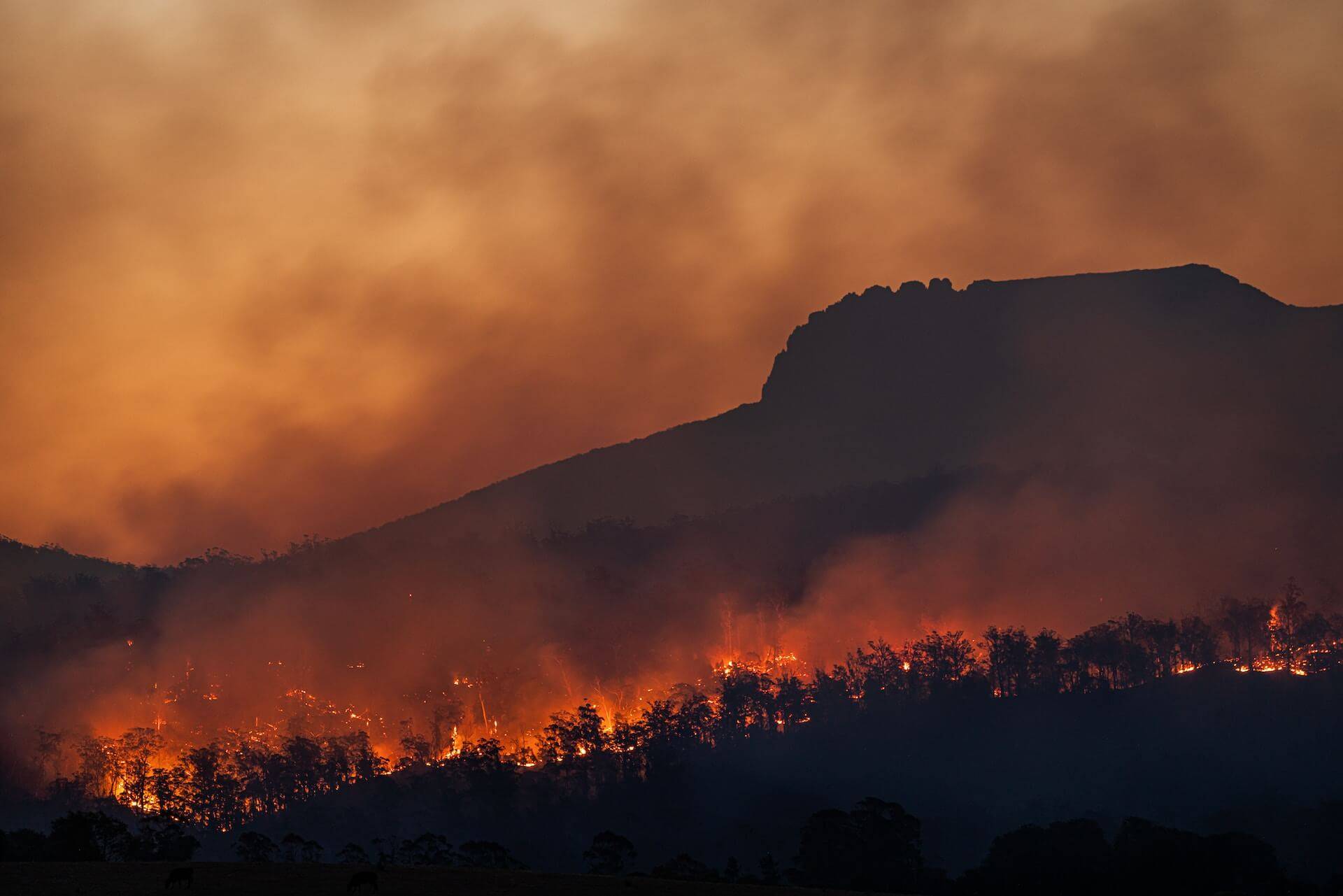Understanding Global Warming: Causes and Consequences

Introduction
Global warming has become one of the most critical environmental challenges of our time. It refers to the long-term increase in Earth’s average temperature due to the accumulation of greenhouse gases in the atmosphere. The consequences of global warming extend far beyond rising temperatures, affecting weather patterns, ecosystems, and human lives. In this article, we will explore the primary causes of global warming and its implications for our planet.
Causes of Global Warming
Greenhouse Gas Emissions:
The primary cause of global warming is the excessive emission of greenhouse gases, such as carbon dioxide (CO2), methane (CH4), nitrous oxide (N2O), and fluorinated gases. Human activities, including burning fossil fuels for energy, industrial processes, deforestation, and agriculture, have significantly increased the concentration of these gases in the atmosphere. As a result, they trap heat, preventing it from escaping into space, leading to a warming effect on the planet.
Burning of Fossil Fuels:
The burning of coal, oil, and natural gas for energy production is the largest source of CO2 emissions. The energy sector is responsible for a substantial portion of greenhouse gas emissions globally. As industries grow and transportation demands increase, the reliance on fossil fuels escalates, intensifying the greenhouse effect.
Deforestation:
Trees play a vital role in absorbing CO2 from the atmosphere and storing it as carbon in their biomass. Deforestation, primarily driven by agricultural expansion and urbanization, reduces the number of trees available to absorb these emissions. The result is an increase in CO2 levels, contributing to global warming.
Industrial Activities:
Various industrial processes, such as cement production, chemical manufacturing, and waste disposal, release significant amounts of greenhouse gases into the atmosphere. These emissions result from the breakdown of raw materials and chemical reactions, adding to the greenhouse effect.
Agriculture:
Agriculture, particularly livestock farming, contributes to global warming through the release of methane and nitrous oxide. Livestock, such as cattle and sheep, produce methane during digestion, while fertilizers used in agriculture release nitrous oxide into the atmosphere.
Implications of Global Warming
Rising Temperatures:
Global warming leads to a rise in average temperatures worldwide. This warming disrupts weather patterns, resulting in more frequent and intense heat waves, droughts, and wildfires.
Melting Glaciers and Rising Sea Levels:
As temperatures rise, glaciers and polar ice caps melt at an accelerated rate, causing sea levels to rise. Rising sea levels pose significant threats to coastal communities, leading to flooding and coastal erosion.
Extreme Weather Events:
Global warming is linked to an increase in the frequency and severity of extreme weather events, such as hurricanes, cyclones, and heavy rainfall. These events can cause widespread destruction and disrupt ecosystems.
Impacts on Ecosystems:
Many plant and animal species face challenges as their natural habitats change due to shifting climate conditions. Some species may struggle to adapt, leading to biodiversity loss.
Water Scarcity and Food Insecurity:
Changes in precipitation patterns can lead to water scarcity, affecting agricultural productivity and food supplies. Regions that heavily rely on seasonal rainfall for agriculture are particularly vulnerable.
Conclusion
Global warming is a complex issue with far-reaching consequences for our planet and its inhabitants. Human activities, especially the release of greenhouse gases, are the primary drivers of this phenomenon. To mitigate global warming, concerted efforts are required on both individual and global levels. Transitioning to sustainable energy sources, reforestation, and adopting eco-friendly practices can collectively make a significant impact in the fight against climate change. It is crucial for governments, industries, and individuals to come together to address this urgent environmental challenge and secure a sustainable future for generations to come.




